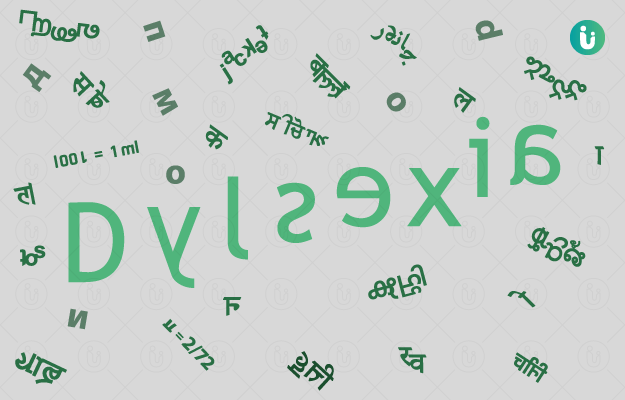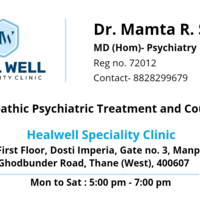Dyslexia is not a disability, but a learning difficulty. “Dys” means difficulty with and “lexia” means words, hence the “difficulty with words”. It is a neurological condition that is characterised by difficulties that mainly affect the ability of a child to read, write and spell.
Dyslexia can be seen in various forms; while some kids only have difficulty pronouncing words, some find it difficult to write. There are different kinds of dyslexia, but other learning disabilities like dyscalculia and dyspraxia are also sometimes mistaken for dyslexia.
One of the major problems surrounding dealing with dyslexia is that people are unaware of its signs. A majority of the children affected by dyslexia remain undiagnosed - either due to the negligence of parents or ignored by teachers - and suffer through their lives. Different signs of dyslexia can be seen at different stages of life.
Although a lifelong problem, early diagnosis of dyslexia can help manage it better. A dyslexic child can learn to read, write and speak perfectly normally with the help of parents and teachers.

 Doctors for Dyslexia
Doctors for Dyslexia  OTC Medicines for Dyslexia
OTC Medicines for Dyslexia
















































